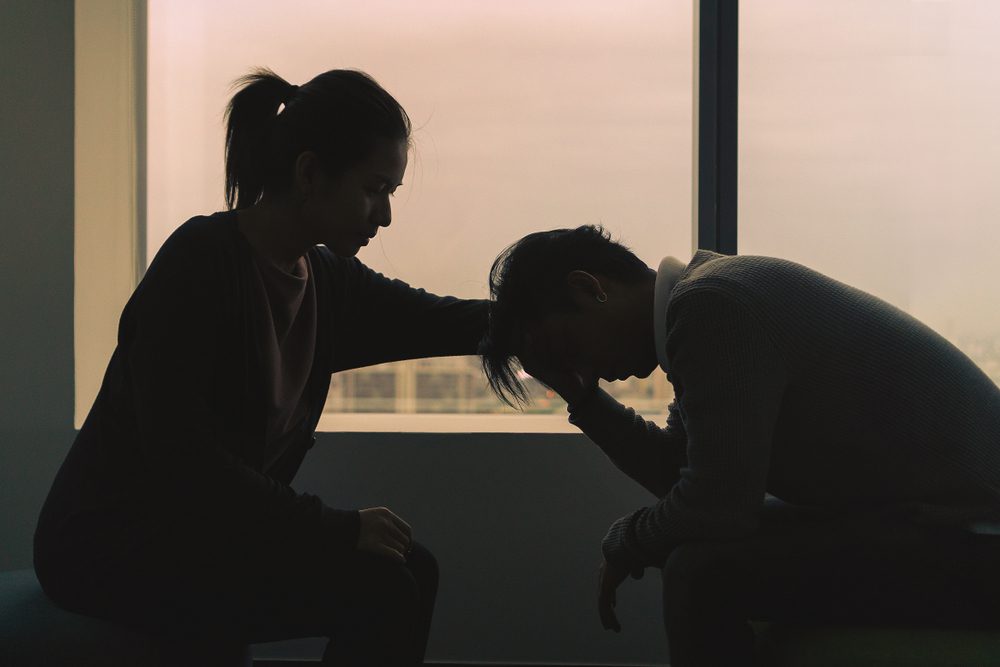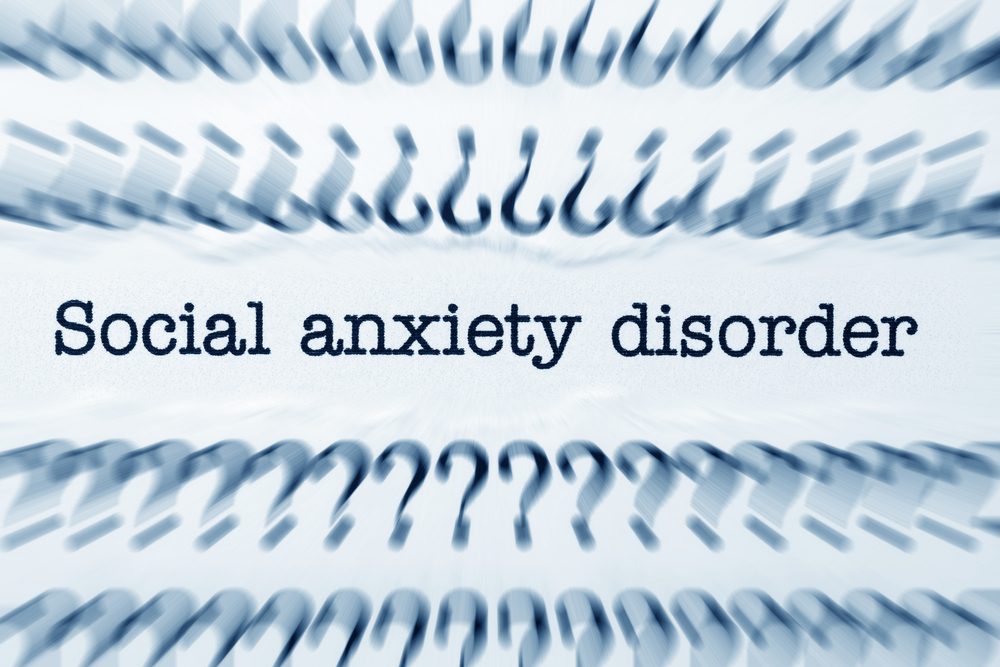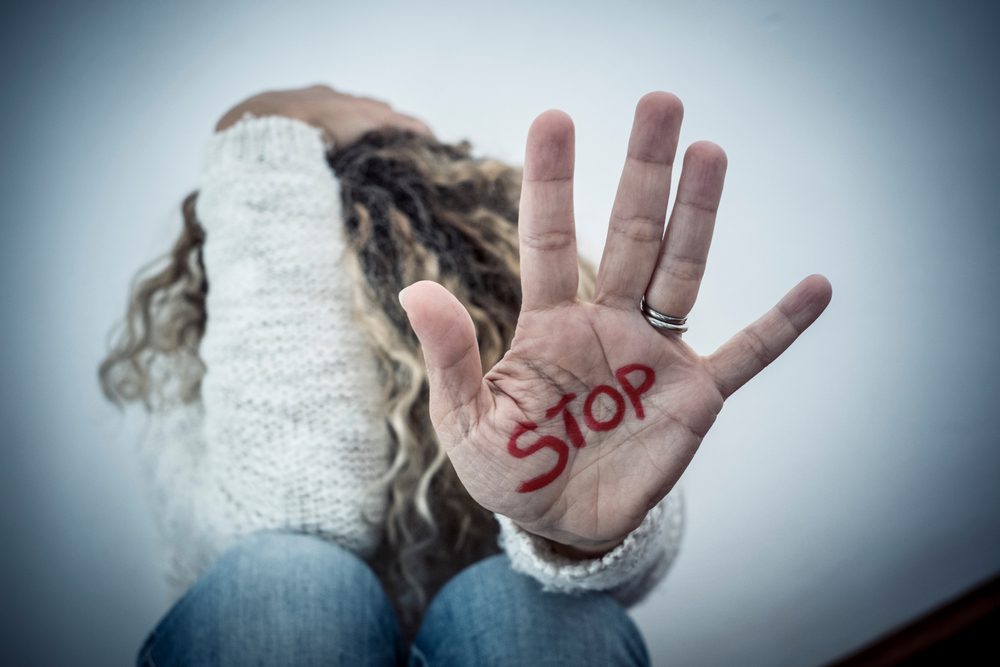How to Tackle Your Ptsd-Symptoms This Season
Summer brings along with it bright and booming fireworks shows, especially on the almighty patriotic holiday like the Fourth of July. As beautiful as these light displays can be, they can also trigger many people who suffer from post-traumatic stress disorder (PTSD).
People who suffer from PTSD live with symptoms that stem from their body’s response to a certain or a series of shocking and terrifying experiences, like war, combat in the military, natural disasters, or even individual personal events like se*ual assault.
These symptoms can easily occur on their own or be triggered by anything that brings the person back to relive their traumatic experience, like loud noises from fireworks or even some aromas that other people tolerate quite well or even enjoy.
According to the Centers for Disease Control and Prevention, as soon as you get triggered, remembering this trauma can include flashbacks, nightmares, and even physical reactions like uncontrollable shaking and heart palpitations.
Around 7 percent of Americans experience PTSD in their lifetime, according to the National Institute of Mental Health. If you or someone you know has PTSD, here are some of the best ways in which you can deal with your PTSD symptoms during fireworks season:

Remind yourself that you’re not in danger
PTSD can definitely trick your brain into thinking that some things aren’t exactly what they seem, as Craig Byran, PsyD, a clinical psychologist and the director of the trauma program in the Department of psychiatry and Behavioral Health at the Ohio State University Wexner Medical Center in Columbus explained.
He added that fireworks could resemble the explosions and blasts some military personnel and veterans experienced while deployed. As a consequence, “for some veterans with military-related PTSD, hearing booms and feeling all those shockwaves from fireworks can easily activate unpleasant memories from the past, prompting intense anxiety and fear.”
A very important skill in your quest to manage PTSD is learning how to remind yourself about what’s truly happening around you. Some simple and helpful reminders could also include saying to yourself:
- this is home, not a combat zone
- these are only fireworks
- I’m not in danger
Repeating these phrases over and over could help reset the brain during a PTSD trigger. As with other cognitive coping mechanisms, this skill is definitely helpful when practiced over time before triggers even happen, because attempting to try any new skill while actively triggered is definitely difficult.
Schedule enjoyable and meaningful activities during the fireworks season
You can mark your calendar with a series of activities you might enjoy doing and find fulfilling, like exercising, cooking, and even watching movies. This can also improve your mood and can help offset or “undo” the effects of unpleasant emotions.
As soon as you choose an activity you find pleasurable, try to engage in it more often in the days leading up to the fireworks celebrations and on the day of, especially during the actual fireworks display and afterward. This way, you will be able to unwind from any symptoms or emotions that might come by surprise.

Breathe deeply and slowly
Breathing exercises are yet another critical coping strategy for managing PTSD. Because here’s the thing: when we feel anxious or afraid, our body’s survival system automatically kicks in. And because of that, our breathing becomes shallow and fast, our hearts start to race, and we automatically start sweating.
It’s basically a programmed biological response. However, slow, deep breaths will send a physical message to the brain and quiet this survival response, essentially telling the brain that everything is going to be alright and it’s safe to calm down. This technique works very well in a crisis if you practice it repeatedly when you feel safe.
Avoid avoidance
Symptoms of avoidance could include staying away from activities, places, thoughts, or even feelings related to a traumatic experience. These are quite common among people with PTSD. Even if avoiding things that remind you of a dangerous or life-threatening situation can also act as a natural defense tactic, it’s not always the case, and it’s also not the best long-term strategy.
For instance, when options like hiding in a basement to avoid hearing the noises and feeling the shockwaves from fireworks, or even leaving your town for the weekend, aren’t all feasible, some people could even resort to mental and emotional avoidance, which can also include unhealthy behaviors such as drinking alcohol or even consuming drugs to reduce anxiety or even numb your emotions.
As these avoidance behaviors could seem helpful at the moment, they also tend to sustain the problem over time. And that’s why the best tip is to try to “avoid avoidance.” When it comes to fireworks, it can be quite worthwhile to stay present for them.
As he explains, repeated exposure to a trigger could reset your brain, lessening the anxiety and fear and improving your quality of life. You should try to expose yourself to doses that you can manage.
If it’s too challenging to be close to a fireworks show, allow yourself to be in earshot, where you can still hear the noise, to start. Skills like breathing and cognitive techniques mentioned before are also very important to tolerating such exposures.
Also, while using earphones with music could prove to be quite useful during any fireworks display, she also advised people with PTSD to work towards turning the volume down coming closer to the activity, and even participating in the fireworks shows.
Being involved could minimize the bystander experience and even transition the nervous system’s responsiveness to a more active state. However, it’s important not to force yourself or a loved one to join the celebration before you are even ready for it because this could make symptoms of PTSD even worse.
Prioritize your mental health
Taking care of your mental health and knowing how to develop healthy coping strategies can also reduce your “resting anxiety”, which is the general level of anxiety you feel before experiencing any kind of trigger.
Lowering your level of resting anxiety makes it way more manageable, especially when you are able to manage the anxiety and fear on such a level. You are also able to manage the stressors and triggers that might come along the way.
A good strategy is talking to a therapist or any other mental health professional for emotional support during the fireworks season. Another efficient option is to spend quality time with trusted friends and family members and tell them about all the things that could trigger these symptoms, but also how they can support you if those symptoms flare up.
Other tips:
- pause to remind yourself that you are somewhere safe, even if the memories create a certain sense of danger;
- focus on the skills and techniques you learned to ground you in the present moment: box breathing (4 counts inhale, 4 counts hold, 4 counts exhale, 4 counts hold, repeat), mindfulness (notice what you’re experiencing without judging or reacting, such as eating a sour candy or spicy food and focusing on the feeling), use the Mindfulness Coach mobile app;
- remind yourself that this will pass very soon;
- if you’re a veteran, remind yourself that it took some time to be on alert to all the threats, and it’s only natural to take more time to re-train yourself to not be on high alert when there’s nothing to worry about;
There’s so much more to discuss on this topic, and while we will definitely come back to tackle the subject, we want to recommend this book. It might help you feel seen.
If you found this article interesting, we also recommend checking: 10 Most Common Types of Trauma Explained











Leave a Reply